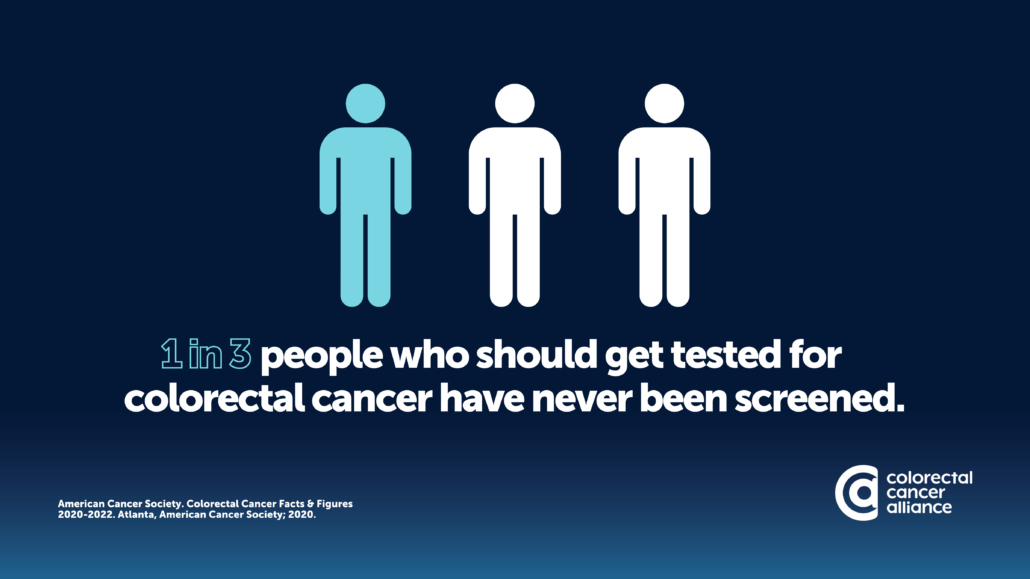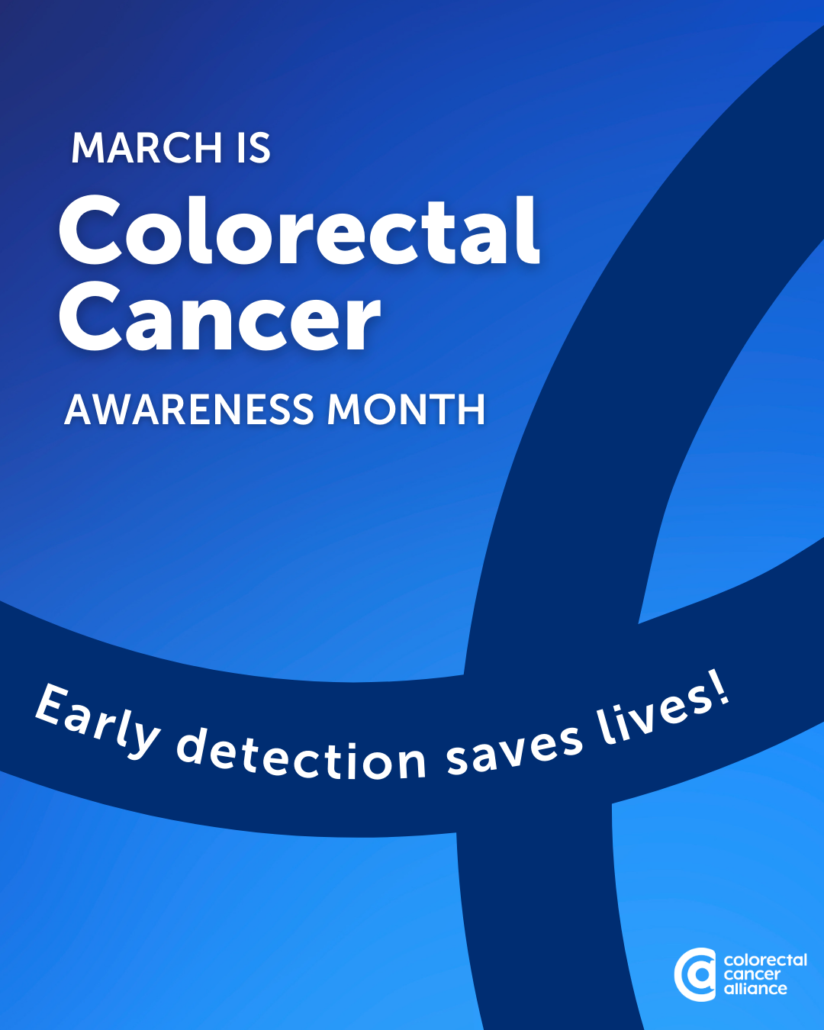“The risk of bowel cancer can be reduced by a healthy diet
with plenty of fresh fruit and vegetables, limiting
consumption of red meat, avoiding processed meats…”.1
Umbrella
What may the Bowel Cancer Umbrella include?
Depending on the Source (DotS) this Umbrella may include:
- Bowel Cancer
- Cancer of the Back Passage
- Colon Cancer
- Colorectal Cancer
- Rectal Cancer/Cancer of the Rectum
Bowel Cancer
What is bowel cancer?
DotS the definition of bowel cancer may vary. The (United Kingdom) Cancer Research UK’s definition is:
Colorectal Cancer
What is colorectal cancer?
DotS the definition of colorectal cancer may vary. In Colorectal Cancer: About Colorectal Cancer – What Is Colorectal Cancer? the American Cancer Society’s (ACS) definition is:
Colon Cancer
What is colon cancer?
DotS the definition of colon cancer may vary. The (United States) National Cancer Institute’s (NCI) definition is:
Cancer that forms in the tissues of the colon (the longest part of the large intestine). Most colon cancers are adenocarcinomas (cancers that begin in cells that make and release mucus and other fluids)”.4
Rectal Cancer
What is rectal cancer?
DotS the definition of rectal cancer may vary. The NCI’s definition is:
Cancer that forms in the tissues of the rectum (the last several inches of the large intestine closest to the anus)”.5
Risk
What can the risk of developing bowel cancer depend on?
In Bowel Cancer: What Is Bowel Cancer? Who Gets Bowel Cancer? Cancer Research UK elaborate on:
- Age
- Family history
- Genetic conditions such as familial adenomatous polyposis (FAP), Lynch syndrome and other polyp syndromes
- Long term (chronic) inflammatory bowel conditions such as ulcerative colitis and Crohn’s disease
- Diet and lifestyle factors”.6
Age
What is the association between age and the risk of developing bowel cancer?
In Colorectal Cancer: Colorectal Cancer Risk Factors – Key Points the (United States) Centers for Disease Control and Prevention elaborate on:
Common or Not
How common is bowel cancer?
DotS, DotC, (Depending on the Country), DotY (Depending on the Year), or depending on excluding skin cancers or not; how common bowel cancer is may vary. In the United States according to the ACS:
In the United Kingdom (UK) according to Cancer Research UK:
In Australia according to the Cancer Council Australia:
Women
For women, what is the lifetime risk of developing colorectal cancer?
According to the ACS:
Prevention
How can bowel cancer be prevented?
In Bowel Cancer: Preventing Bowel Cancer – How To Prevent Bowel Cancer and Reduce Your Risk the World Cancer Research Fund UK elaborate on:
- Eat well…
- Maintain a healthy weight…
- Be more active…
- Reduce your alcohol intake
- Don’t smoke”.12
In Bowel Cancer: Preventing Bowel Cancer the Cancer Council Australia explain:
Health Care Provider
What if I think I am at risk for bowel cancer?
If you think you are at risk for bowel cancer, it may be in your best interest to choose to talk to your health care provider about this. In Colorectal Cancer: Colorectal Cancer Basics – What It Is the CDC elaborate on:
Health Topics A-Z
Where may I find Health Topics A-Z related to Bowel Cancer?
In Health Topics A-Z you may find:
Links
Where may I find Links related to Bowel Cancer?
Your Country may have Links similar to:
Links
This Links List to third party websites is neither comprehensive nor exhaustive. Inclusion on this Links List does not imply endorsement or recommendation. Non-inclusion on this Links List does not imply non-endorsement or non-recommendation. Third party websites are not under the control of Meno Martha International Menopause Directory. Third party websites may contain explicit medical images and/or sexual references. Please read Meno Martha International Menopause Directory’s Links Policy before proceeding to a Link. Please contact Webmaster if you experience a problem with a Link.New or Updated
- Bowel Cancer Risk Could Be Reduced With An Extra Glass of Milk [08 January 2025]
- Mayo Clinic Minute: Are Colon and Rectal Cancers Treated Differently? [13 March 2025]? [+ Video Courtesy: Mayo Clinic News Network]
- Mayo Clinic Q and A: So You’re Having A Colonoscopy: What To Expect [17 March 2025]
- National Colorectal Cancer Awareness Month [March]

- Video: Colonoscopy [18 January 2025]
- You’re At Risk of Colorectal Cancer. Know the Symptoms. Get Screened. [25 March 2025]
- A-Z of Medical Terms
- About Bowel Cancer
- Alcohol and Cancer
- Bowel Cancer
- Bowel Cancer
- Bowel Cancer

- Bowel Cancer Risk Could Be Reduced With An Extra Glass of Milk
- Bowel Cancer UK [United Kingdom]
- Bowel Cancer: Symptoms of Bowel Cancer
- Bowel Cancer: Stages, Types and Grades of Bowel Cancer
- Bowel Cancer: What Is Bowel Cancer? [+ Video]
- Bowel Polyps
- Can Colorectal Cancer Be Prevented? [+ Video Courtesy: Lisa Boardman, M.D/Gastroenterology/Mayo Clinic
- Can Colorectal Polyps and Cancer Be Found Early?
- Cancer
- Cancer
- Cancer Screening Tests for Women
- Colorectalcancer.org [Colorectal Cancer Alliance, United States]
- Colon Cancer
- Colorectal Cancer
- Colorectal Cancer
- Colorectal Cancer
- Colorectal Cancer
- Colorectal Cancer Information for Patients
- Colorectal Cancer Myths and Facts
- Colorectal Cancer Prevention (PDQ)–Patient Version
- Colorectal Cancer Screening (PDQ)–Patient Version
- Colorectal Cancer Screening Tests
- Colorectal Cancer Signs and Symptoms
- Colorectal Cancer Videos
- Colorectal Cancer: Causes, Risk Factors, and Prevention
- Colorectal Cancer: Colorectal Cancer Basics
- Colorectal Cancer: Colorectal Cancer Risk Factors
- Colorectal Cancer: Reducing Risk for Colorectal Cancer
- Colorectal Cancer: Screening for Colorectal Cancer
- Colorectal Cancer: Symptoms of Colorectal Cancer
- Colorectal Cancer: Talking With Your Doctor About Colorectal Cancer
- Colorectal Cancer–Patient Version
- Do I Have Colorectal Cancer? Signs, Symptoms and Work-Up
- Eating Well
- Evidence for Our Recommendations
- Fightcolorectalcancer.org [Fight Colon Cancer, United States]
- Get Tested for Colorectal Cancer
- Glossary: Definitions & Phonetic Pronunciations
- Heredity Colorectal (Colon) Cancer
- Heredity Colorectal (Colon) Cancer: About Lynch Syndrome
- Heredity Colorectal (Colon) Cancer: Family Health History and Cancer
- Heredity Colorectal (Colon) Cancer: Genetic Testing for Lynch Syndrome
- How Long Does It Take Colon Cancer To Grow?
- Is Colon Cancer Hereditary?
- Lynch Syndrome [+ Video: What Is Lynch Syndrome?]
- Lynch Syndrome
- Lynch Syndrome
- Mayo Clinic Minute: Are Colon and Rectal Cancers Treated Differently? [+ Video]
- Mayo Clinic Minute: Who Should Be Screened for Colorectal Cancer? [+ Video Courtesy: Mayo Clinic News Network]
- Mayo Clinic Q and A: So You’re Having A Colonoscopy: What To Expect
- Mayo Clinic Q and A: Treating Colon Cancer
- Meat In Your Diet
- Meat and Cancer
- NCI Dictionary of Cancer Terms
- National Center for Complementary and Integrative Health: Cancer: In-Depth
- National Colorectal Cancer Awareness Month [March]

- OCCAM Office of Cancer Complementary and Alternative Medicine [National Cancer Institute, United States]
- Our Cancer Prevention Recommendations
- Preventing Cancer
- Reducing Your Risk
- Screening and Prevention
- Signs and Symptoms of Colon Cancer
- Small Bowel Cancer
- Symptoms of Bowel Cancer
- The Bowel
- Video: Colonoscopy
- What Is Lynch Syndrome?
- What To Eat To Lower Your Risk of Colon Cancer
- You’re At Risk of Colorectal Cancer. Know the Symptoms. Get Screened.
Sources
Where may I find the Sources quoted?
You may find the Sources quoted at:
Sources
- Bowel Cancer: Preventing Bowel Cancer. Last Updated: 12 February 2025. Cancer Council Australia https://cancer.org.au/cancer-information/types-of-cancer/bowel-cancer Accessed: 19 February 2025
- Bowel Cancer: What Is Bowel Cancer? Last Reviewed: 05 November 2024. Cancer Research UK https://www.cancerresearchuk.org/about-cancer/bowel-cancer/about-bowel-cancer Accessed: 19 February 2025
- Colorectal Cancer: About Colorectal Cancer – What Is Colorectal Cancer? Last Revised: 29 January 2024. American Cancer Society https://www.cancer.org/cancer/colonandrectumcancer/detailedguide/colorectal-cancer-what-is-colorectal-cancer Accessed: 19 February 2025
- NCI Dictionary of Cancer Terms: C – Colon Cancer. National Cancer Institute https://www.cancer.gov/publications/dictionaries/cancer-terms/expand/C Accessed: 19 February 2025
- NCI Dictionary of Cancer Terms: R – Rectal Cancer. National Cancer Institute https://www.cancer.gov/publications/dictionaries/cancer-terms/expand/R Accessed: 19 February 2025
- Bowel Cancer: What Is Bowel Cancer? Who Gets Bowel Cancer? Last Reviewed: 05 November 2024. Cancer Research UK https://about-cancer.cancerresearchuk.org/about-cancer/bowel-cancer/about-bowel-cancer Accessed: 19 February 2025
- Colorectal Cancer: Colorectal Cancer Risk Factors – Key Points. 17 October 2024. Centers for Disease Control and Prevention https://www.cdc.gov/colorectal-cancer/risk-factors/ Accessed: 19 February 2025
- Colorectal Cancer: About Colorectal Cancer – Key Statistics for Colorectal Cancer: How Common Is Colorectal Cancer? Last Revised: 16 January 2025. American Cancer Society https://www.cancer.org/cancer/colon-rectal-cancer/about/key-statistics.html Accessed: 19 February 2025
- Bowel Cancer: What Is Bowel Cancer? How Common Is Bowel Cancer? Last Reviewed: 05 November 2024. Cancer Research UK https://www.cancerresearchuk.org/about-cancer/bowel-cancer/about-bowel-cancer Accessed: 19 February 2025
- Bowel Cancer: What Is Bowel Cancer? Last Updated: 12 February 2025. Cancer Council Australia https://cancer.org.au/cancer-information/types-of-cancer/bowel-cancer Accessed: 19 February 2025
- Colorectal Cancer: About Colorectal Cancer – Key Statistics for Colorectal Cancer: Lifetime Risk of Colorectal Cancer. Last Revised: 16 January 2025. American Cancer Society https://www.cancer.org/cancer/colonandrectumcancer/detailedguide/colorectal-cancer-key-statistics Accessed: 19 February 2025
- Bowel Cancer: Preventing Bowel Cancer – How To Prevent Bowel Cancer and Reduce Your Risk. World Cancer Research Fund UK https://www.wcrf-uk.org/cancer-types/bowel-cancer/preventing-bowel-cancer/ Accessed: 19 February 2025
- Bowel Cancer: Preventing Bowel Cancer. Last Updated: 12 February 2025. Cancer Council Australia https://cancer.org.au/cancer-information/types-of-cancer/bowel-cancer Accessed: 19 February 2025
- Colorectal Cancer: Colorectal Cancer Basics – What It Is. Last Reviewed: 12 June 2024. Centers for Disease Control and Prevention https://www.cdc.gov/colorectal-cancer/about/ Accessed: 19 February 2025








